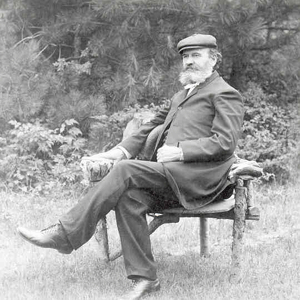A Quote by Henry Taube
This joy of discovery is real, and it is one of our rewards. So too is the approval of our work by our peers.
Related Quotes
Material possessions and honors of the world do not endure. But your union as wife, husband, and family can. No sacrifice is too great to have the blessings of an eternal marriage. By making and keeping sacred temple covenants, we evidence our love for God, for our companion, and our real regard for our posterity-even those yet unborn. Our family is the focus of our greatest work and joy in this life; so will it be throughout all eternity.
To seek approval is to have no resting place, no sanctuary. Like all judgement, approval encourages a constant striving. It makes us uncertain of who we are and of our true value. Approval cannot be trusted. It can be withdrawn at any time no matter what our track record has been. It is as nourishing of real growth as cotton candy. Yet many of us spend our lives pursuing it.
[All the ancient wisdom] tells us that work is necessary to us, as much a part of our condition as mortality; that good work is our salvation and our joy; that shoddy or dishonest or self-serving work is our curse and our doom. We have tried to escape the sweat and sorrow promised in Genesis - only to find that, in order to do so, we must forswear love and excellence, health and joy. (pg. 44, "The Unsettling of America")
By the laws of rectitude accused Persons, however atrocious their offences, are allowed to make their defence, and by a verdict of a Jury of their Peers, they are either convicted, or acquitted. I have some times thought that we Women are hardly dealt by since strictly speaking, we cannot legally be tried by our Peers, for men are not our Peers, and yet upon their breath our guilt or innocence depends— thus are our privileges in this, as in many other respects tyrannically abridged, and we are forced to yield to necessity.
It is the consciousness of the threefold joy of the Lord, His joy in ransoming us, His joy in dwelling within us as our Saviour and Power for fruitbearing and His joy in possessing us, as His Bride and His delight; it is the consciousness of this joy which is our real strength. Our joy in Him may be a fluctuating thing: His joy in us knows no change.
Now, as at the beginning of the 19th century, there is a certain discovery of Eckhart and related figures. There are questions as to how far our Eckhart accords with the real medieval teacher of that name, but there are certainly images in his work that help us work our way past several of the aporia with which we're confronted in our attempts to think about God.
So much of our early gladness vanishes utterly from our memory: we can never recall the joy with which we laid our heads on our mother's bosom or rode on our father's back in childhood; doubtless that joy is wrought up into our nature, as the sunlight of long-past mornings is wrought up in the soft mellowness of the apricot; but it is gone forever from our imagination, and we can only believe in the joy of childhood.





































